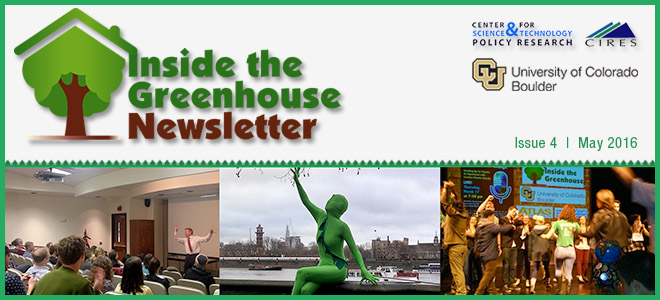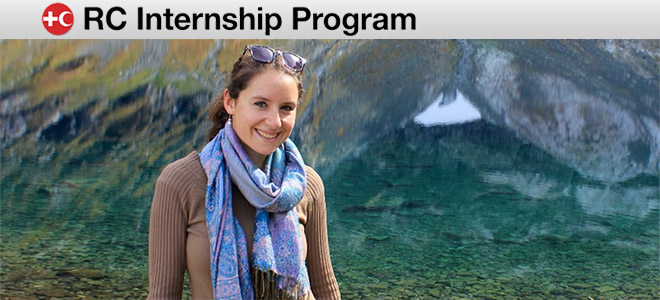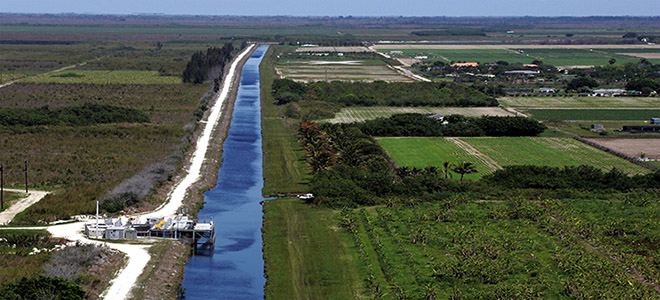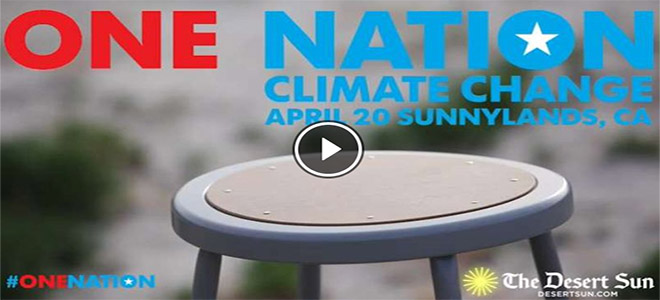
Daily Camera
April 28, 2016
This decade has seen Boulder and surrounding communities faced with profound dangers posed by wildfire, flood and even a degree of social upheaval as its residents struggle to cope with quality of life factors sometimes not in their control.
In response to a range of potential threats, the city of Boulder on Thursday released a draft of its first Resiliency Strategy, promoting a series of 15 steps to be taken with the goal of surmounting challenges such as climate change, social cohesion, disaster recovery and more.
Boulder’s action comes as the most concrete manifestation of its work to date through participating in the 100 Resilient Cities program, pioneered by The Rockefeller Foundation.
The city’s status as a Resilient City was cemented in July 2014 with the announcement that it would hire its first-ever chief resilience officer, backed by a two-year grant of $200,000 from The Rockefeller Foundation.
But what does it mean?
A message at the front of the document from Mayor Suzanne Jones and City Manager Jane Brautigam emphasizes that each of the three foundational strategic areas in the resilience plan is articulated by verbs, to underscore that the best way to build the city’s resiliency is through taking action.
They are “Connect and Prepare,” Partner and Innovate,” and “Transform and Integrate.”
“Coming up with this is different from implementing a strategy,” Jones said in an interview. “And that’s where the rubber hits the road. Those discussions on how to make this real, going forward, is going to be the critical conversation.”
Lisa Dilling, an associate professor of environmental studies at the University of Colorado and a fellow at the Cooperative Institute for Research in Environmental Studies, attended an early workshop convened in the process of developing the draft. She conceded that the word “resiliency” could be a little fuzzy in some people’s eyes.
“A neat study to do would be to go around to different cities on the Front Range and ask, ‘What do you think ‘resiliency’ means?’ Or, ‘What does it mean to be ‘resilient’?” said Dilling.
“I’m thinking about climate change and weathering different climate events. But I think most people are thinking about, are there going to be jobs here? Are my kids going to have a future? Is the traffic going to be terrible, or can I afford to live here? To me, that is a huge challenge for a city like Boulder.” Read more …











